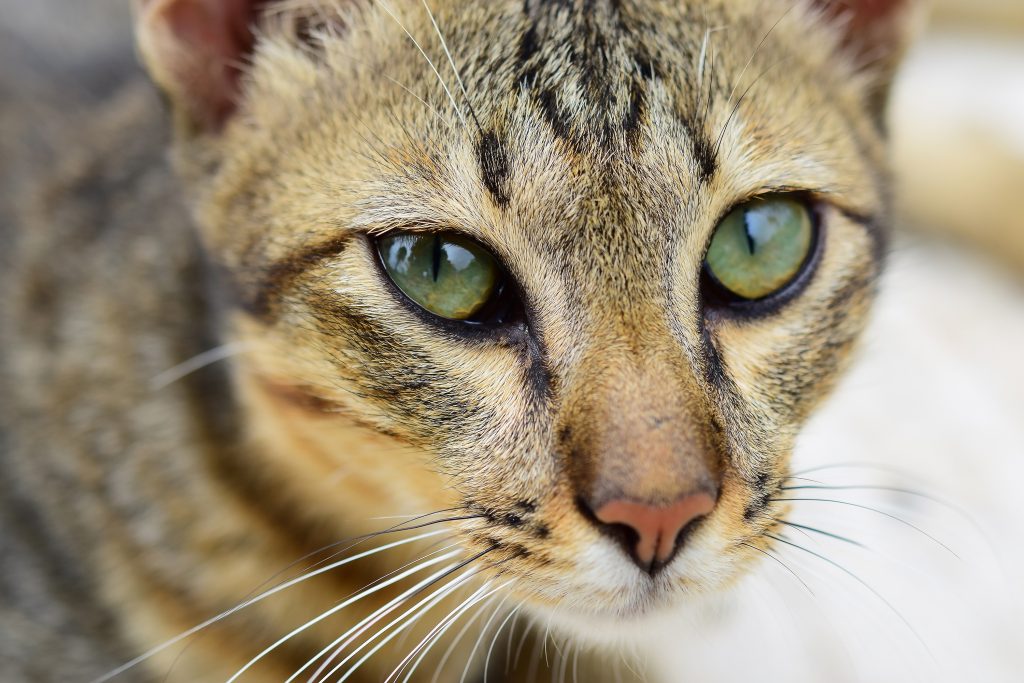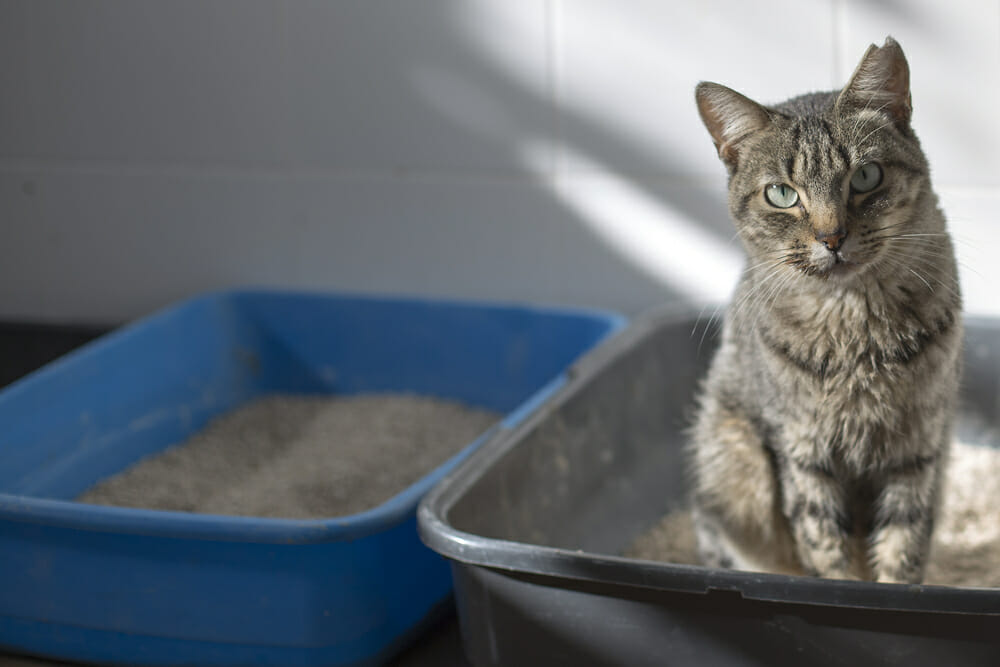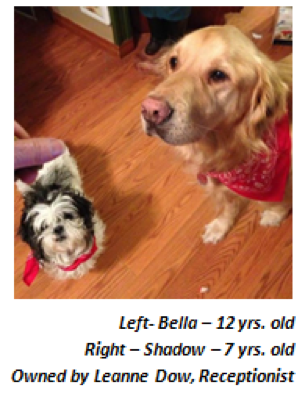 When our pets reach a mature or senior age, (typically around the age of 7) their nutrition needs tend to change. Each pet is different, which means their nutritional needs are different.
When our pets reach a mature or senior age, (typically around the age of 7) their nutrition needs tend to change. Each pet is different, which means their nutritional needs are different.
Some may slow down, have harder times getting up, which can mean their joints can be getting stiff and sore, they may need a mobility diet. Others may become less active or need a lower calorie diet.
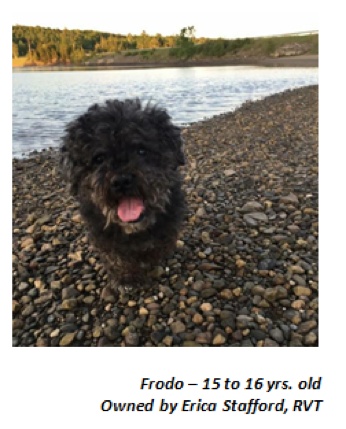 Other factors that may have an impact on their nutritional needs is if your senior pet has any health problems that can occur as they get up there in age, such as kidney, liver or heart disease, which are detected through diagnostics during your senior pet’s visit to our hospital. There are special diets that can help slow down the progression of these diseases.
Other factors that may have an impact on their nutritional needs is if your senior pet has any health problems that can occur as they get up there in age, such as kidney, liver or heart disease, which are detected through diagnostics during your senior pet’s visit to our hospital. There are special diets that can help slow down the progression of these diseases.
Does your older dog have bad breath? Maybe they need a dental cleaning and a good dental health food to help prolong a nice clean mouth.
Our team is equipped with the knowledge to help you meet your pet’s nutritional requirements, no matter what the age, but especially for those older pets needing a bit more from their food.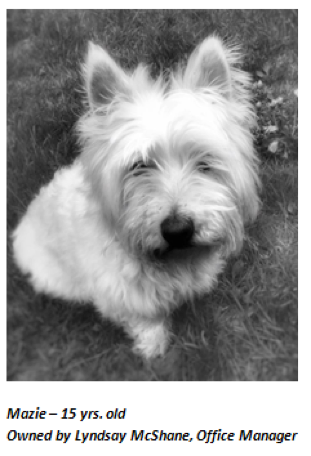

Written by Lyndsay McShane, Office Manager/Tech

